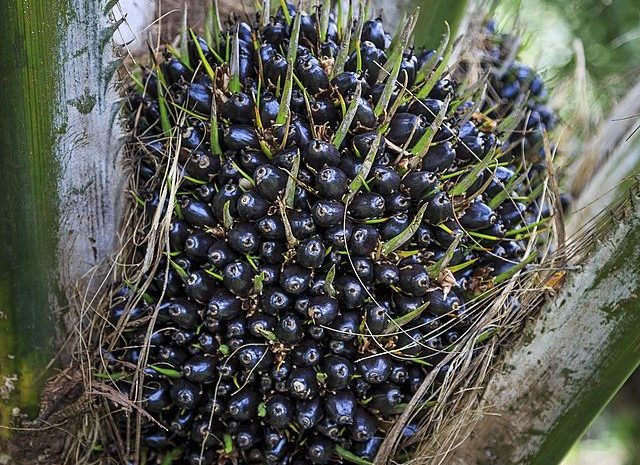The Council of Palm Oil Producing Countries (CPOPC) held an International Smallholders Workshop and Field Visit with the theme “Improvement of Sustainable Certification Achievement, Enhancement of Good Agricultural Practices, and Lesson Learned on Technology Adoption” on 24-25 July 2023 in Melaka, Malaysia.
This year, the Workshop presented and discussed several important topics. These included increasing the capacity of smallholders to achieve sustainability certification, good agricultural practices, especially aspects of automation and mechanization that have the potential to be adopted by smallholders, as well as discussing the current European Union Regulation on Deforestation (EUDR).
The aim of the workshop-which brought together around 200 applicants from 15 countries-through online platforms and physical presence focused on the achievements, opportunities and challenges of oil palm sustainability schemes, the latest technology in large plantations that may be adopted by smallholders.
The Secretary General of CPOPC, Dr. Rizal Affandi Lukman in his remarks highlighted the central role of smallholders in the upstream palm oil supply chain in Indonesia, Malaysia and Honduras. The three CPOPC members respectively recorded more than 41%, 27% and 50% of the area of oil palm produced by smallholders. “This workshop will be an important tool for participants to increase their awareness of good agricultural practices and strengthen their understanding of sustainability,” explained Rizal.
In their keynote addresses, senior officials from each member country emphasized that regulations passed by the government and actions taken by all relevant stakeholders are necessary to maintain sustainable practices among smallholders. The Secretary General, Ministry of Plantations and Commodities Malaysia, YBhg. Dato’ Mad Zaidi Bin Mohd Karli, emphasized the role of policy makers to support smallholders in their practices and to meet sustainability requirements. To achieve this, “We realize that some farmers still face challenges to get certified due to financial constraints. Therefore, the Government of Malaysia took a proactive step by allocating the MSPO incentive fund, which aims to ease the burden on our smallholders.” said Dato’ Mad Zaidi.
“Indonesia views smallholders as a solution and an opportunity to move towards a more sustainable palm oil.” said the Deputy Coordinating Minister for the Economy and Food, of the Coordinating Ministry for the Economy of the Republic of Indonesia, Dr. Musdhalifah Machmud. Mdm. Musdhalifah emphasized that farmers’ sustainable farming practices can be achieved by improving policies, Good Agricultural Practices, as well as training and advocacy for farmers.
Honduran Sub-Secretary of Agriculture and Livestock, Ing. Roy Lazo Rodríguez, emphasized that assistance from the government would not be enough to meet all the support needed by farmers to improve their welfare. “Now that Honduras is part of CPOPC, I hope our farmers, as well as the government, can learn from each other’s practices and policies,” said Ing. Rodriguez.
In the first session, the discussion centered on the achievements and challenges of smallholders in demonstrating their commitment to the principles of sustainability not only to obtain a certification scheme but also common practice in the field. The second session focused on the future of smallholders in relation to the latest technologies in agriculture and the current EUDR which has the potential to further exclude smallholders in the EU market.
The workshop also included a field visit to Sime Darby’s oil palm plantation at Ladang, Merlimau and people’s plantations in Paya Dalam. Participants consisting of 12 Indonesian plasma farmers and 12 Malaysian farmers, as well as 9 government representatives and smallholder associations in Papua New Guinea, learned about agricultural automation and mechanization to increase the productivity of smallholder farmers.
Indonesia will host the next workshop scheduled to take place in 2024.
Source: news.majalahhortus.com
